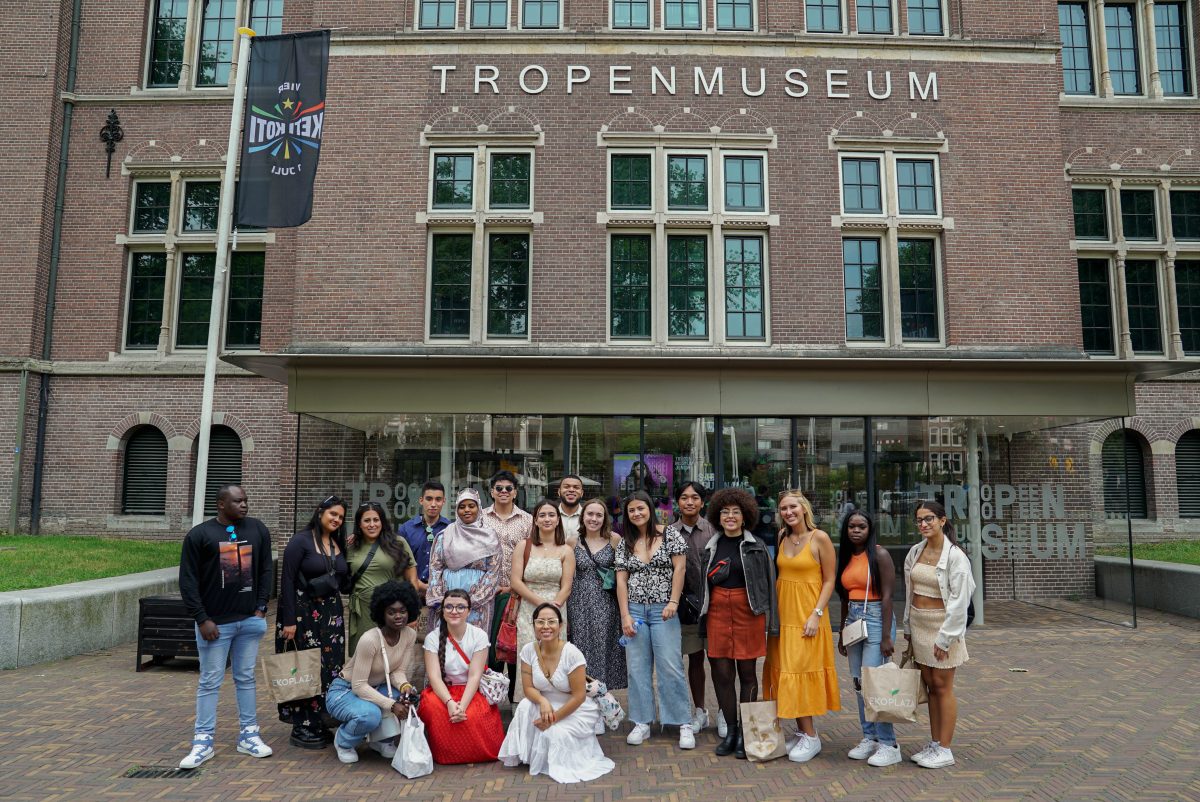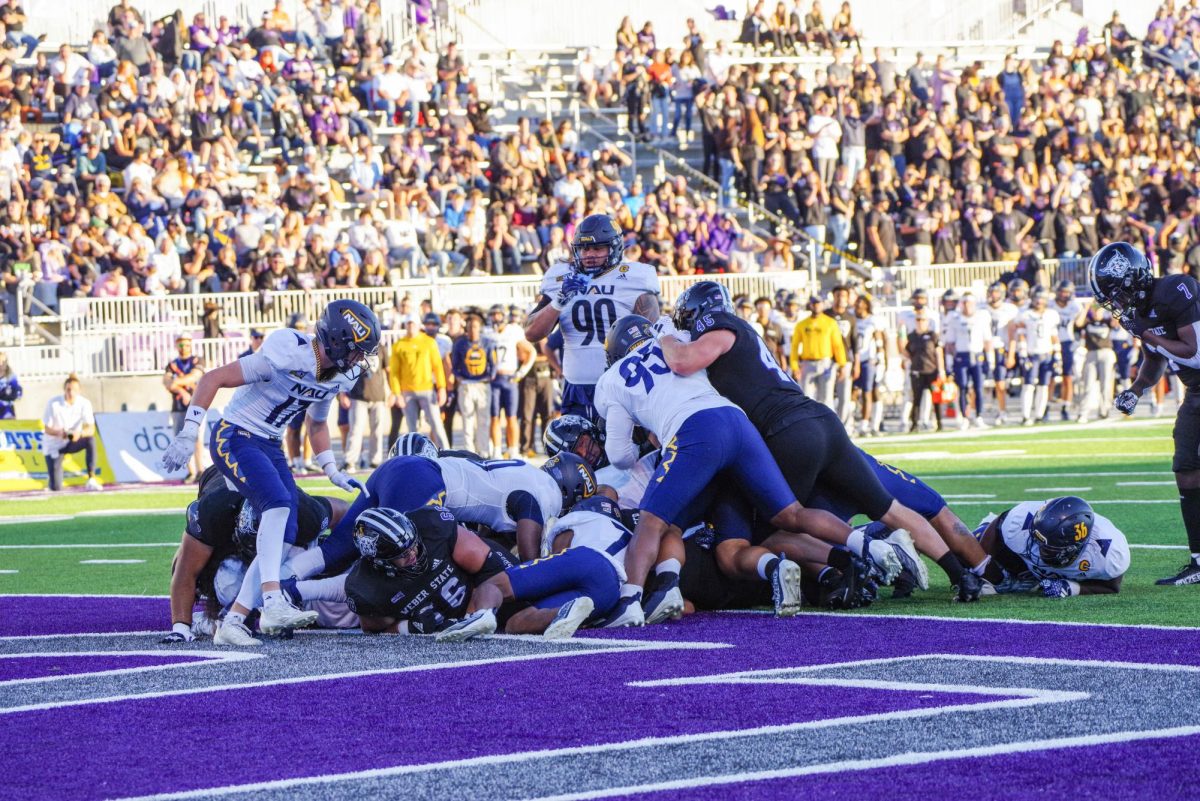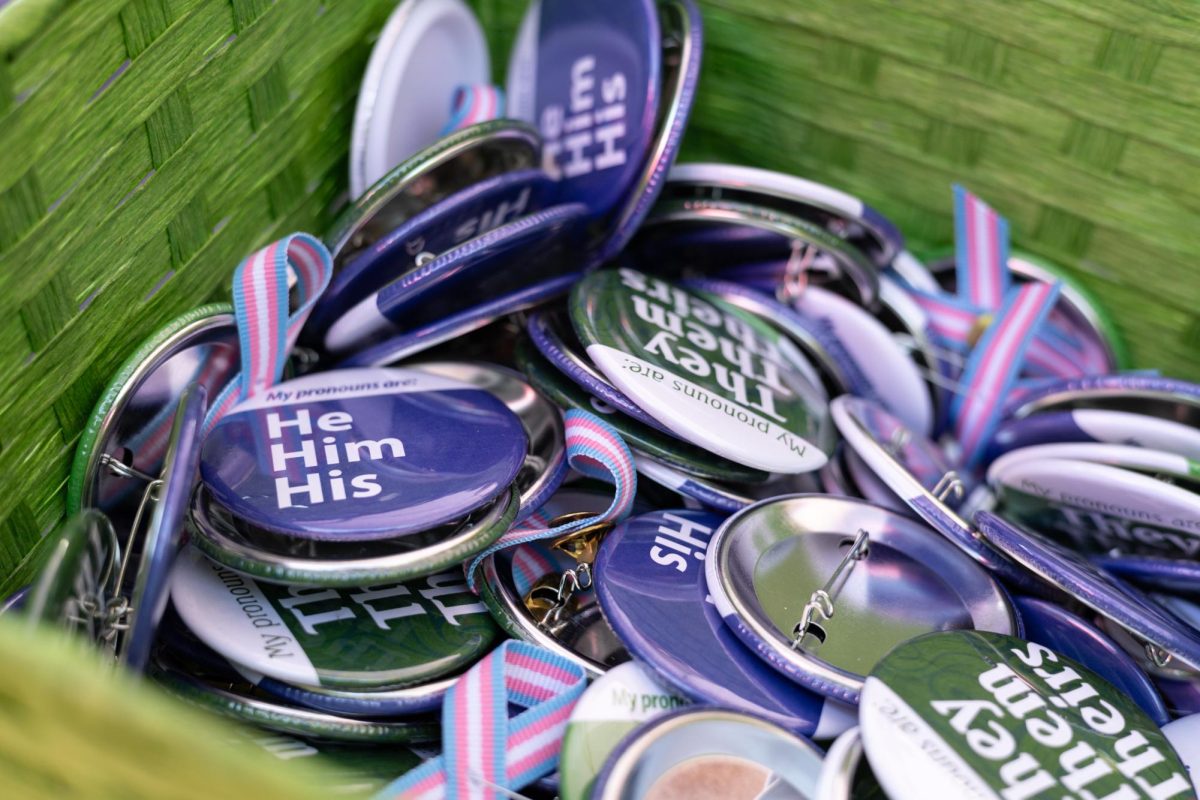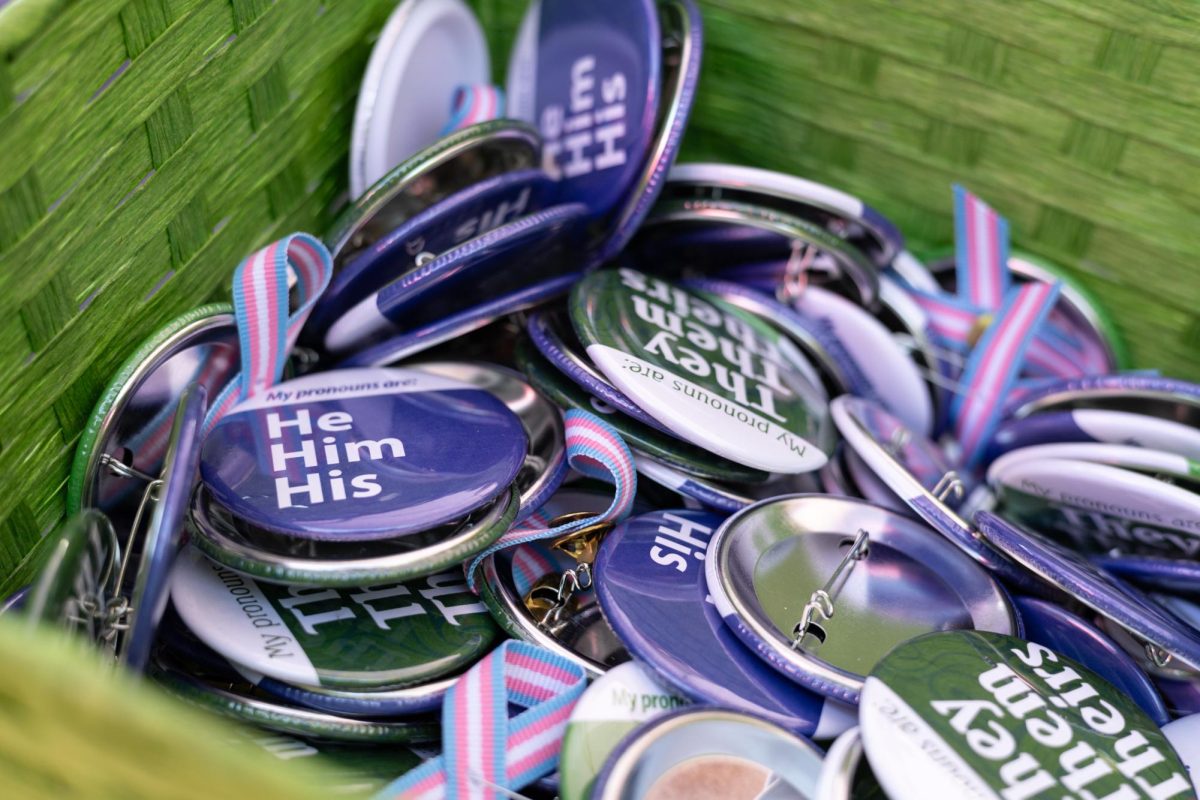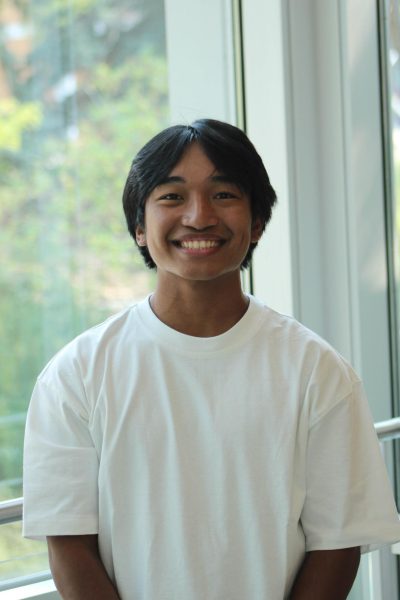As a low-income student, I believed that traveling was not an activity I could do regularly. Most study abroad trips come with staggering costs for travel and tuition. However, this was changed by an opportunity called the Keith Sherin Global Leaders Program.
Coordinated by the federally-funded organizations TRIO and Council for Opportunity in Education, the Keith Sherin Global Leaders Program enables students to engage in the fields of intersectionality.
I spent my three weeks of the program over the summer learning in the Netherlands as one of the 18 TRIO students selected nationwide.
The program is only eligible for students enrolled in Student Support Services or McNair Scholars of their university. As part of the application process, I had to submit a 1,000-word essay, my transcript, a letter of recommendation and a director nomination.
With priority given to oncoming juniors and seniors, I had my concerns. However, due to my five year’s worth of prior participation with TRIO, my chances increased. From there, resources like WSU Study Abroad, College of Science and Student Support Services covered the financial costs for this new educational adventure in my life. The Keith Sherin Global Leaders program was $2,500 which included the international round trip airfare, accommodations, most meals, tuition, health insurance and outings.
COE hosted multiple pre-trip meetings. During these meetings, we met online with our supervisors, group leaders and organizations.
New York was our first meeting place before Amsterdam. We would spend a few days preparing ourselves and getting to know each other. Being with this group made me feel seen and I knew this trip was going to be incredibly fun since we all clicked immediately once meeting in person. Our differences brought us comfort.
During my first week, I stayed in Schoorl. I had the opportunity of learning and understanding more about identity, diversity and inclusion through various workshops and discussions.
We had the opportunity to reflect on the importance of working together, as well as our position in developing effective programs that aim to contribute to a sense of belonging in society. It was an open space of expression and creative thinking.
We headed to Amsterdam for a canal tour and to visit a cultural museum called the Tropenmuseum, learning about the history of the Netherlands. During that time in Amsterdam, the group bonded over karaoke, dancing, running around the city and eating Dutch cuisine.
For the following two weeks, I studied at The Hague University of Applied Sciences. I received college credits for the two following modules: Exchange perspectives for local impact in collaboration (EXPLICO) and peace, justice, human rights and European Union cooperation.
EXPLICO was a whirlwind of discovery, where I worked with four other peers focusing on the United Nations’ 17 Sustainable Development Goals.
In preparation for the final project we had been assigned, our group conducted research in an assigned neighborhood, Zeeheldenkwartier. Here, we proposed that there is a necessity to “maintain affordability to students in response to rising prices.”
On top of that, my elective filled me with enjoyment as I heard lectures from influential guest leaders. From ministers, lawyers and commissioners, the speakers provided insights on strategies to their proposals like carbon footprint reduction. As an aspiring forensic chemist, I am enthusiastic about solving complex affairs. For the class, I worked on presenting The Green Deal, an approach for the European Union to being climate neutral by 2050.
In the short-span of my study abroad, I found myself at peace. I was not only making myself proud, but my university and family. No matter what I was doing that day, I always paused for a few seconds. It was a real experience. I was on the other side of the world, visiting landmarks on my bucket list while spending unforgettable moments with strangers that I now call friends and talk to everyday. An unforgettable journey made me grateful for my perseverance and the connections along the way.
I don’t regret any decisions on this trip, even the 20,000 daily steps. Each lesson was informative and bittersweet to my personal growth and work ethic.
As I become a Keith Sherin Scholar, it empowers me to use my voice on the resources available for first-generation, low-income and disabled students. Moreover, that we are capable of leading the future. I continue to expand my horizons in bringing the best in my education not only for me, but others. And, I am thankful for the opportunities provided by Weber State.
Applications for the 2024 Keith Sherin Global Leaders Program are open now until Jan. 16.


